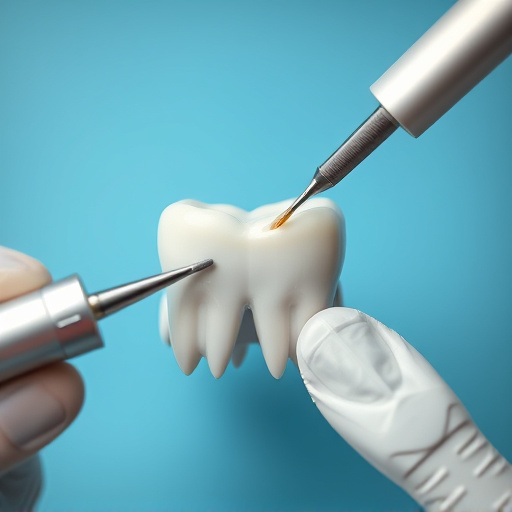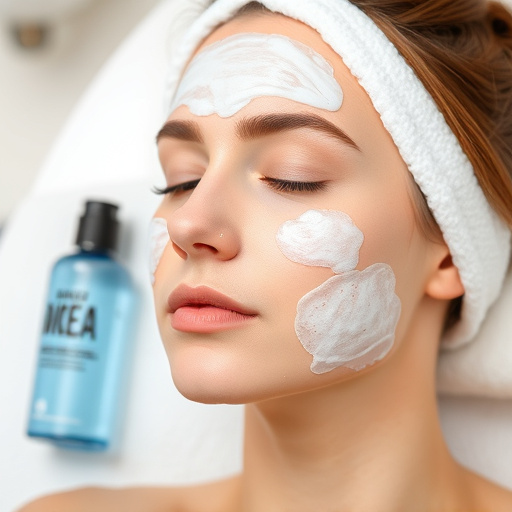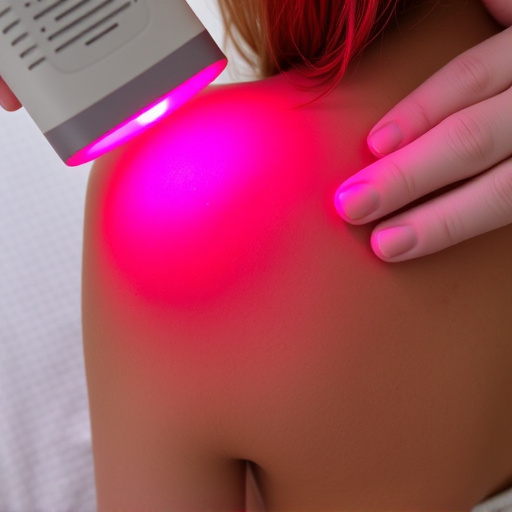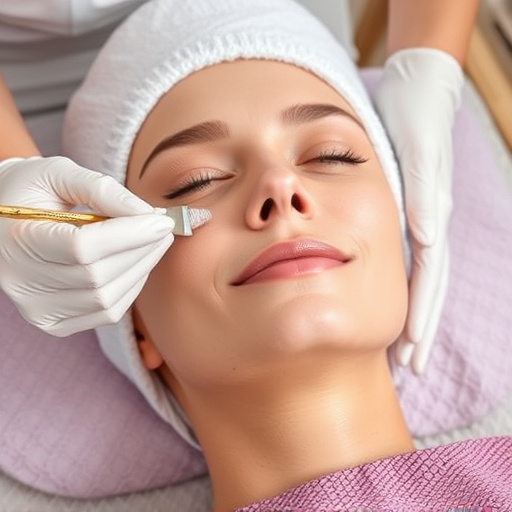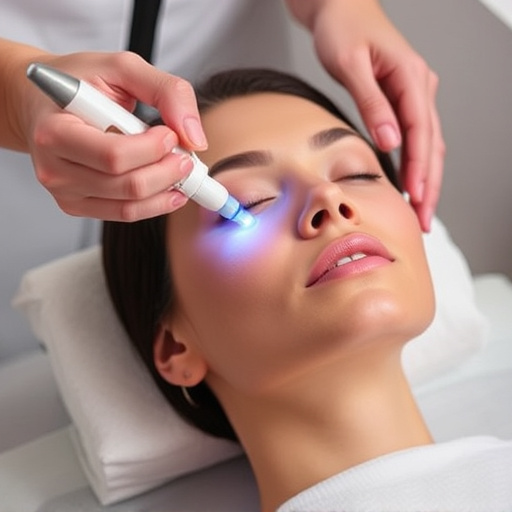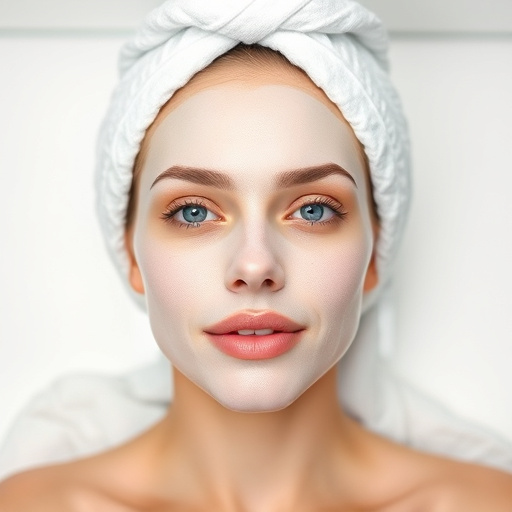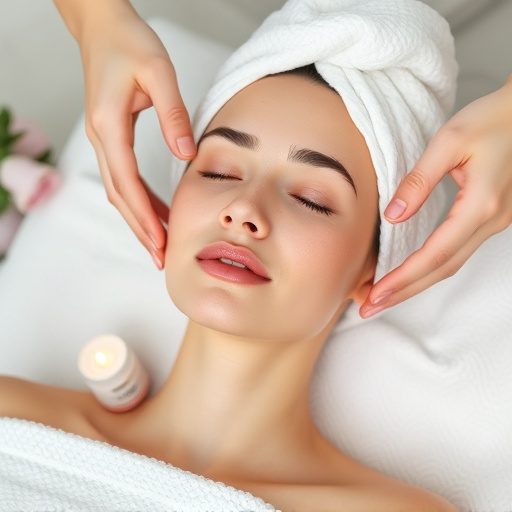Choosing dermatologist-recommended moisturizers ensures healthy skin. These products are tested for safety, use gentle ingredients, offer long-lasting hydration, and can include advanced medical spa services. However, many consumers trust "dermatologist recommended" without checking ingredients like parabens, sulfates, and synthetic fragrances that may cause harm. Modern trends in skincare focus on natural, safe alternatives, emphasizing pure formulas and emerging therapies for deeper hydration and skin regeneration while avoiding traditional risks.
Unsure if your moisturizer is truly dermatologist-recommended and safe? In an industry saturated with options, understanding what makes a product worthy of the ‘dermatologist approved’ label is crucial for healthy skin. This article guides you through deciphering dermatological insights, uncovering common irritants to avoid, and exploring modern, safe moisturizer alternatives. By the end, you’ll be equipped to make informed decisions for your skin’s well-being.
- Understanding Dermatologist Recommendations for Moisturizers
- Common Ingredients to Avoid in Skin Care Products
- Safe Alternatives: Exploring Modern Moisturizer Options
Understanding Dermatologist Recommendations for Moisturizers
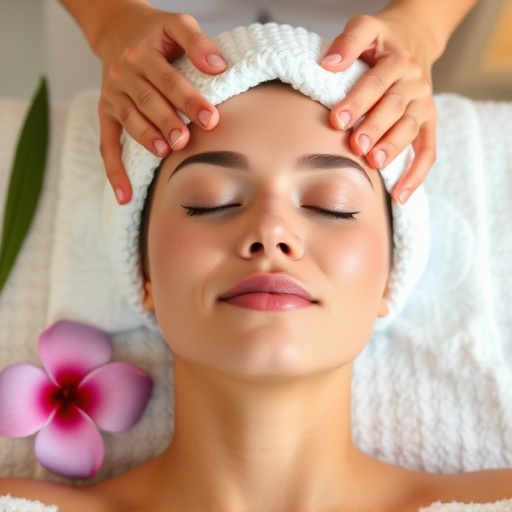
When it comes to choosing a moisturizer, understanding what makes a product dermatologist recommended is paramount for maintaining healthy skin. Dermatologists are medical specialists who have extensive knowledge of various skin conditions and treatments. They consider not just the basic needs of different skin types but also specific concerns like dryness, acne, allergies, or sensitivity.
A dermatologist-recommended moisturizer typically undergoes rigorous testing to ensure its safety and effectiveness. It should be formulated with gentle ingredients that won’t irritate sensitive skin and provide long-lasting hydration without leaving a greasy residue. Moreover, personalized skincare routines often incorporate products tailored to individual needs, and a dermatologist can guide you in selecting the right moisturizer as part of your comprehensive medical spa services regimen, even suggesting advanced treatments like laser hair removal for specific concerns.
Common Ingredients to Avoid in Skin Care Products
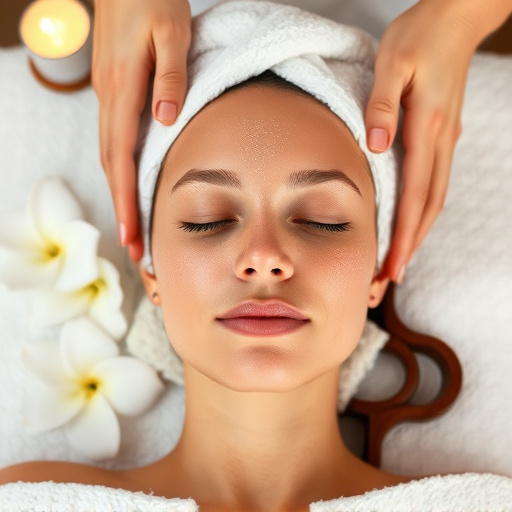
In the quest for healthy, radiant skin, many consumers blindly trust products labeled “dermatologist recommended.” However, not all ingredients in these products are created equal. Many common skincare items contain potentially harmful substances that can cause more harm than good. To ensure your moisturizer is truly dermatologist-recommended and safe, it’s crucial to understand what to avoid.
One of the most concerning trends in modern skincare is the prevalence of harsh chemicals and irritants. Ingredients like parabens, sulfates, and synthetic fragrances are common but controversial. These additives can strip away natural oils, cause skin irritation, and even disrupt hormone balance. Moreover, some chemicals used in skin brightening formulas have been linked to potential long-term damage, including accelerated aging and an increased risk of skin cancer, especially with frequent exposure through daily use products. Even so, many anti-aging treatments on the market rely heavily on these potentially unsafe ingredients to deliver quick results.
Safe Alternatives: Exploring Modern Moisturizer Options
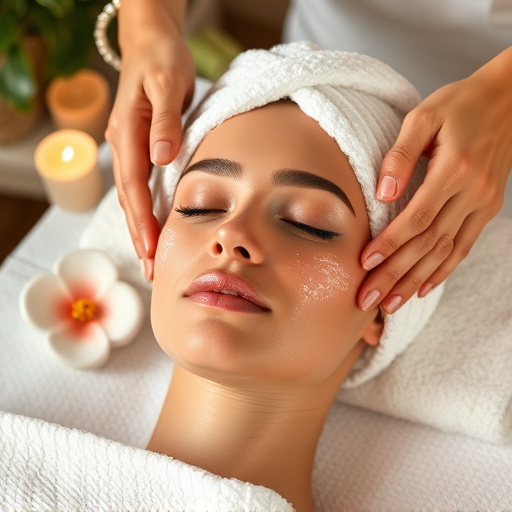
In today’s market, consumers are spoilt for choice when it comes to moisturizers. While many products claim to be dermatologist recommended, it’s crucial to look beyond marketing hype and explore safer alternatives. Traditional moisturizers often contain harsh chemicals or ingredients that can disrupt skin barriers and cause irritation, especially for those with sensitive or compromised skin.
幸运的是,现代皮肤护理领域出现了多种创新和安全的选择。从富含天然成分的生物可降解乳液到专注于修复和保湿的专业产品,这些新选项为消费者提供了更健康、更有效的护肤方案。考虑将重点放在那些强调纯净配方、不含潜在有害物质的品牌上,比如防腐剂、香料或刺激性化学品。此外,探索如hydrating facials(保湿面部护理)、body contouring(身体塑形)和aesthetic treatments(美学治疗)等新兴疗法,它们可以提供深入的滋润和皮肤再生效果,同时避免了传统护肤品的潜在风险。
When choosing a moisturizer, it’s crucial to look beyond marketing claims and understand what truly makes a product dermatologist-recommended. By avoiding common harmful ingredients and exploring modern alternatives, you can ensure your skin care routine is both safe and effective. Remember, proper hydration is essential for healthy skin, so make informed decisions that reflect your unique needs.





